TABLE OF CONTENTS
Does cannabis testing sound like something you’d like to learn more about as a possible career? If you explore how to become a cannabis lab technician, you will quickly discover that testing extends far beyond THC levels and how high a given strain will make those who smoke it.
As the cannabis industry continues to come out of the shadows and gain acceptance and approval with the general public, an increasing number of specialty jobs emerge that job seekers may not have considered.
The national legalization of marijuana appears inevitable. Up until that time, each state governs the industry according to its own unique set of laws and rules. Testing for cannabis is a requirement that is present in all state laws.
Jobs in the research and testing sector are increasing with ongoing legalization. Laws regarding testing and labeling change on a regular basis. The US cannabis testing market accounted for over $1.5 billion in 2021, and from 2022 to 2030, they are projected to increase by 10.5%.
A cannabis extraction technician can earn somewhere between $50,000 to $100,000 annually for doing skilled laboratory work depending on location. It is a lucrative career.
What is a Cannabis Technician?
If you appreciate analytics and have a passion for controlled scientific protocol and practices, a job doing cannabis lab testing may be a good career path. Did you do well in science classes and have a proclivity for chemistry, perhaps even earning a degree in biochemistry or a chemistry-related field? Do you enjoy new and emerging technology?
If you have a mind that’s wired for scientific process, you may do well working as a cannabis lab technician. Precise methods and practices are essential in this type of work. Truthful self-analysis will help determine if working as a cannabis lab analyst is the right cannabis job for you.
Depending on the state in which you live, cannabis testing may take place in a formal laboratory setting, in a home lab, or as a component of a cultivation or extraction operation. The equipment used is diverse—including portable cannabis testing equipment that will print test-result labels while in the field.
Sometimes an objective third-party lab meets the needs of a cannabis company, while at other times internal testing and analysis provides valuable data.
A large cannabis company will want accurate testing results for solvents and cannabis for products bound for commercial sale, while that same company may have a research and development (R&D) division that wants to know the potency for proprietary flower strains. The need for accurate cannabis testing can encompass multiple purposes.
Typical Types of Cannabis Testing
Cannabis companies use lab testing results for a number of reasons. The most common types of testing are for physical and microbial contamination, potency determination, terpene identification and levels, and the presence of residual solvents.
Physical and Microbial Contamination
Testing for physical and microbial contamination occurs to test the cleanliness of cannabis and cannabis products—as well as the environments in which they are produced.
Packaging must occur in a sterile environment on clean surfaces, so any presence of contaminants indicates shortcomings in processing and/or packaging environments.
Testing for microbial contamination is extremely important to ensure cannabis poses no safety risks to consumers. The presence of harmful microbials is usually a result of improper curing and/or packaging processes.
Resident Solvent Testing
Residual solvent testing is done to determine the levels of solvents in concentrates like hash oil, hashish, shatter, wax, crumble and other forms of concentrates.
Concentrates are made in laboratory environments using a variety of solvents, including propane, butane carbon dioxide, ethanol, and water (which some people consider solvent-less extraction).
The goal of residual solvent testing is to ensure that finished concentrates contain the lowest levels of trace solvents as possible, since significant amounts of solvents can pose health risks.
The levels of residual solvents in processed cannabis concentrates are usually measured in parts per million (ppm). The lower the residual solvent level, the better, since the lack of solvents indicates a purer, cleaner product.
Potency Testing
Potency testing determines the levels of cannabinoids present in cannabis. The two cannabinoids most relevant to commercial cannabis—as well as the two required for most cannabis labels—are tetrahydrocannabinol (THC) and cannabidiol (CBD).
The THC cannabinoid is the compound responsible for the euphoric high cannabis provides when consumed. CBD has a number of applications as well and, like THC, has a number of medical applications, the scope of which have yet to be fully realized.
CBD levels are usually lower than THC levels in most cannabis, although high-CBD strains are now grown in increasing numbers. CBD is known to counteract the effects of THC, and the relationship between the two is complex.
Terpene Testing
Terpene testing is an especially exciting testing category. Various terpenes determine the aromas and flavors of cannabis, and as we all know, there is a huge range of pleasing flavors found in various sativa and indica strains.
Terpenes are found in a wide variety of plants. Besides cannabis, culinary herbs and spices are a perfect example of commercially relevant terpenes and are what gives basil, rosemary, oregano, and other herbs their unique—and sometimes expensive—flavors.
The skunky, earthy, piney, and fruity flavors found in various cannabis strains are all due to terpenes. Gas and liquid chromatography are employed to determine terpene levels and flavor profiles.
An Emerging Science
Testing cannabis for cannabinoids and terpenes is a fascinating and evolving field of study. With more than 400 compounds found in cannabis, the relationships and complex reactions between cannabinoids and terpenes are a key area of research as the cannabis industry continues to determine the wide applications and uses for the plant.
Like cannabinoids, terpenes are known to produce distinct effects on those who consume them. The interactive significance between cannabinoids and terpenes is not fully understood, but there is ample evidence that the relationships run deep.
Known as the ‘entourage effect‘, the impact and interaction of terpenes and cannabinoids is a scientific analytical field that falls outside of the realm of traditional cannabis testing.
“
There are over 300,000 jobs in the cannabis industry. CTU trained me for one of them!

Makes $24.50 @ THC +
However, this more specialized field is an emerging science that will have direct implications for the commercial market as the complexities and interactions continue to be more fully understood.
How to Become a Cannabis Laboratory Analysts
A career in cannabis testing, either as an in-house tester or working in an outside third-party lab, is a rewarding pursuit necessary in the modern cannabis industry. As the applications for cannabis testing continue to grow, the need for this type of service will only increase.
What Experience do You Need to Become a Cannabis Laboratory Technician?
Due to the sensitivity and attention to detail necessary, the majority of marijuana lab testing positions demand skilled professionals. College graduates typically perform exceptionally well in the sciences. Nonetheless, as long as a person has had extensive training in the field, they do not necessarily need to hold a college degree in it.
When finding your niche in the field of legal marijuana, consider getting cannabis extraction training in this potentially lucrative field. Making money as a cannabis laboratory analyst may just become the wisest decision you ever made!

Jeff Zorn
Jeff Zorn, a collegiate basketball player, discovered the transformative power of medical cannabis after a significant injury. He founded Cannabis Training University (CTU), a groundbreaking institution dedicated to disseminating comprehensive information about the cannabis industry. With a team of skilled educators and faculty members, CTU has reached thousands of students worldwide. As an esteemed cannabis business expert, Jeff regularly contributes thought-provoking articles online, providing invaluable guidance to aspiring entrepreneurs. CTU has grown from a single student in 2009 to a global phenomenon with over 80,000 students.


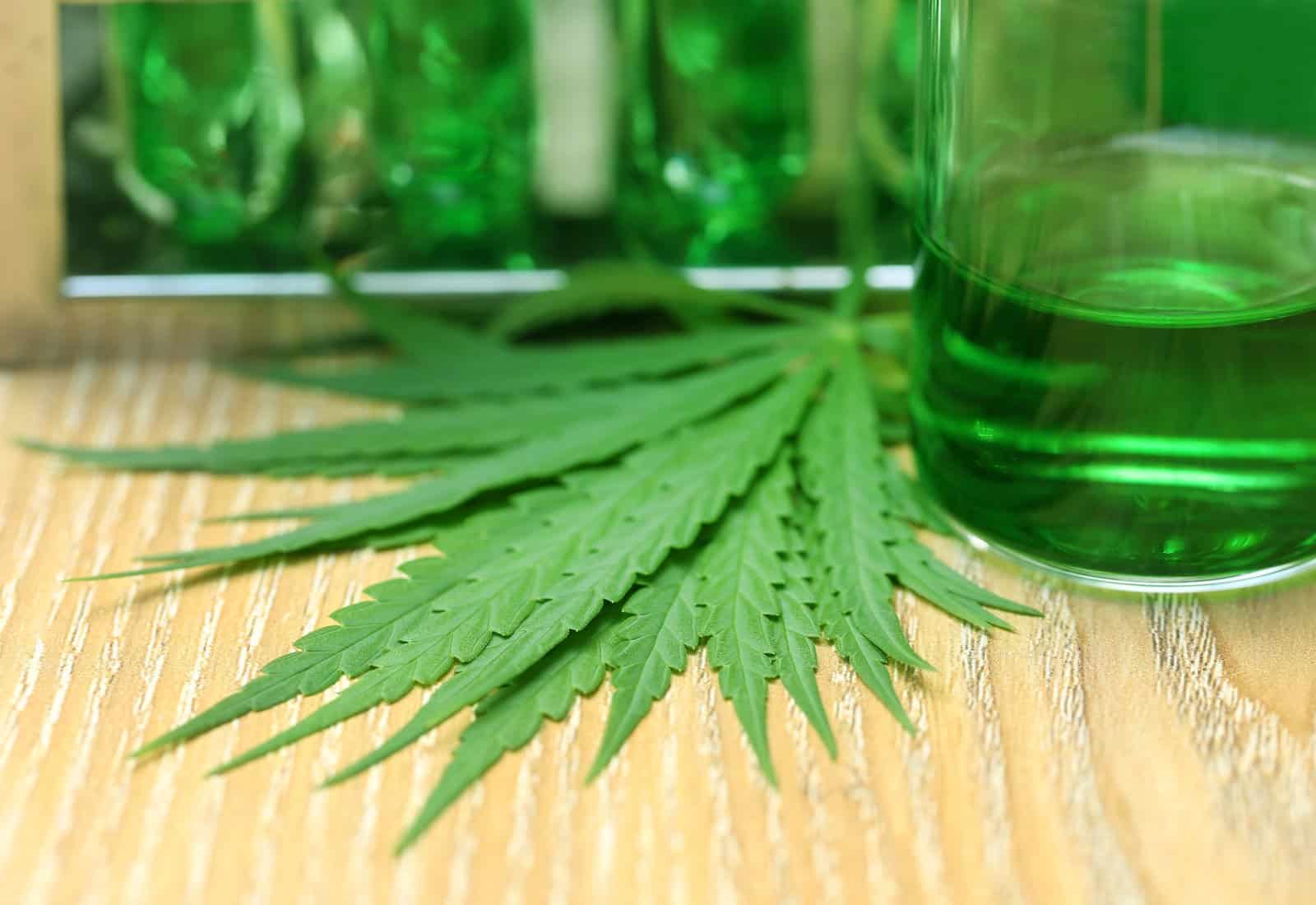



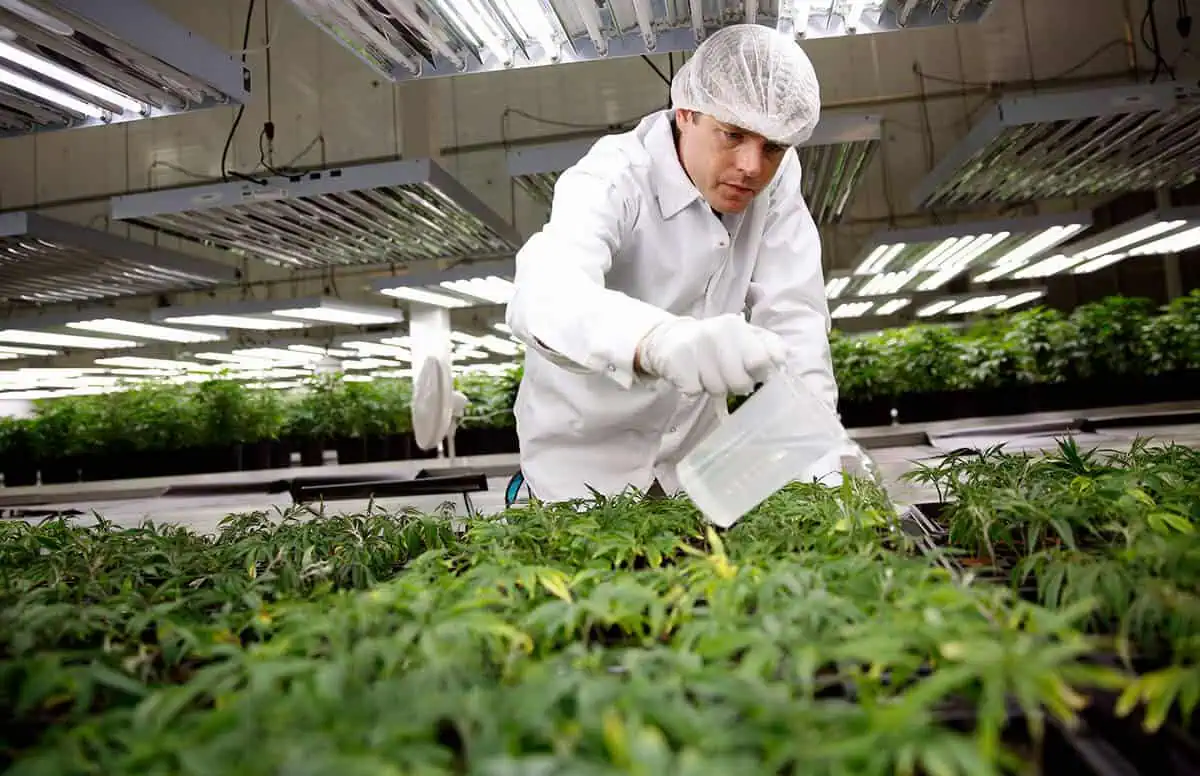
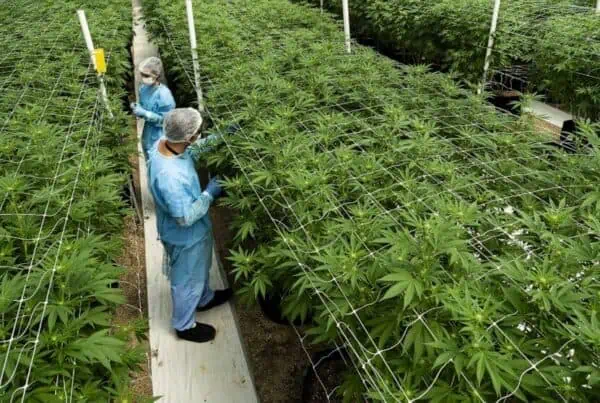
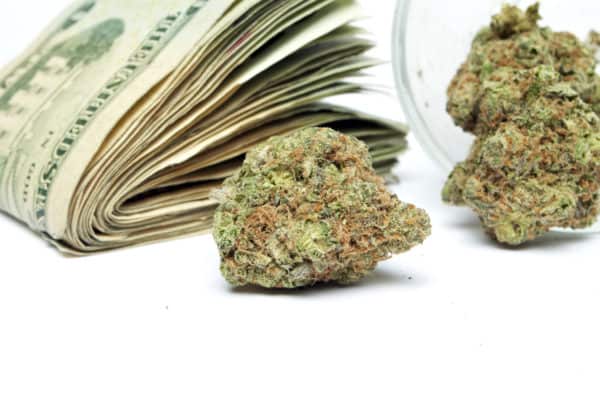
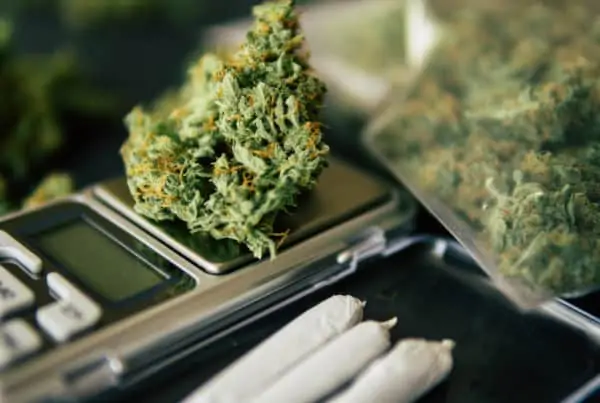


 Jeff was involved in an accident where he endured a traumatic brain injury. He had a week-long stay in ICU where brain surgeons
Jeff was involved in an accident where he endured a traumatic brain injury. He had a week-long stay in ICU where brain surgeons  100% risk free money back guarantee within 48 hours after purchase if student has not completed any of the courses or exams.
100% risk free money back guarantee within 48 hours after purchase if student has not completed any of the courses or exams.